Categoría Knowledge

Third meeting of the TransisLab project
Home Knowledge
From November 19 to 21, 2025, ALC participated in the third meeting of the TransisLab project, held at FICOBA, in Irun, bringing together all the consortium partners to evaluate progress and strengthen cross-border cooperation in social innovation for longevity.
On November 19, the First TransisLab Transfer Seminar took place, where the project's objectives and interim results were presented, as well as FRAGILAB pilot experiences. Transfer workshops were held to explore opportunities for adopting these initiatives in urban and rural environments.
On November 20 and 21, the third meeting of the TransisLab consortium took place, bringing together all the partners to take stock of the project's progress and coordinate the next steps of this cross-border initiative.
Itziar Moreno, from ALC, explained the methodology to develop the TransisLab Agenda. This methodology combines literature review, interviews with social policy managers, and workshops with cross-border entities, with the aim of designing a cooperation framework that promotes innovative solutions, a cross-border ecosystem of social innovation, and a shared training and experimentation infrastructure. The agenda will serve to implement six pilot projects that connect family and local social and health systems, improving the lives of 400 frail elderly people in rural areas.

We participated in the 13th European Forum on Experiences and Trends in Innovation for Inclusion
Home Knowledge
On Wednesday, November 26, ALC participated in the 13th European Forum on Experiences and Trends in Innovation for Inclusion, organized by the European Network for Innovation for Inclusion and led by Acción contra el Hambre in Madrid.
Gorka Espiau participated in the session “The goal of systemic change,” sharing how ALC works in open social innovation and community transformation, and how collaboration between citizens, institutions, and other actors can generate more inclusive and sustainable solutions.
In this edition, the forum showed how to connect evidence with political decision-making, combining theory with concrete experiences. It highlighted initiatives that, thanks to the joint work of public institutions, companies, and social organizations, are driving systemic change, transforming communities, and promoting inclusive employment and entrepreneurship.
The event, which was broadcast live on YouTube and LinkedIn, established itself as a key space for inspiring more inclusive and resilient policies across Europe.

ALC presents K-Tool at the 2nd Catalan Citizen Science Congress
Home Knowledge
ALC presented K-Tool, its digital tool for promoting systemic and collaborative innovation processes, at the 2nd Catalan Citizen Science Congress, held on November 18 at the Barcelona Biomedical Research Park (PRBB).
In the 37th Microtalk, entitled “K-Tool (Digital Tool). From a systemic vision to shared innovation to address complex challenges,” Beth Espinalt (DOER) and Raimon Mirada (Bestiario) showed how this platform facilitates the observation of complex social realities, the identification of narratives and opportunities for transformation, and the shared management of knowledge.
K-Tool reflects the ALC's experience in open social innovation and community transformation processes, integrating qualitative data, multiple perspectives, and advanced visualizations to support decision-making and the co-creation of solutions.
The 2025 Citizen Science Congress left a clear conclusion: the country is undergoing a paradigm shift. Research is no longer conceived solely in laboratories, but through collaboration between institutions, citizens, schools, businesses, and administrations. It is a path that requires time, stability, and strategic vision, but one that is already generating a new collective imaginary, in which citizens not only observe science, but actively construct it.
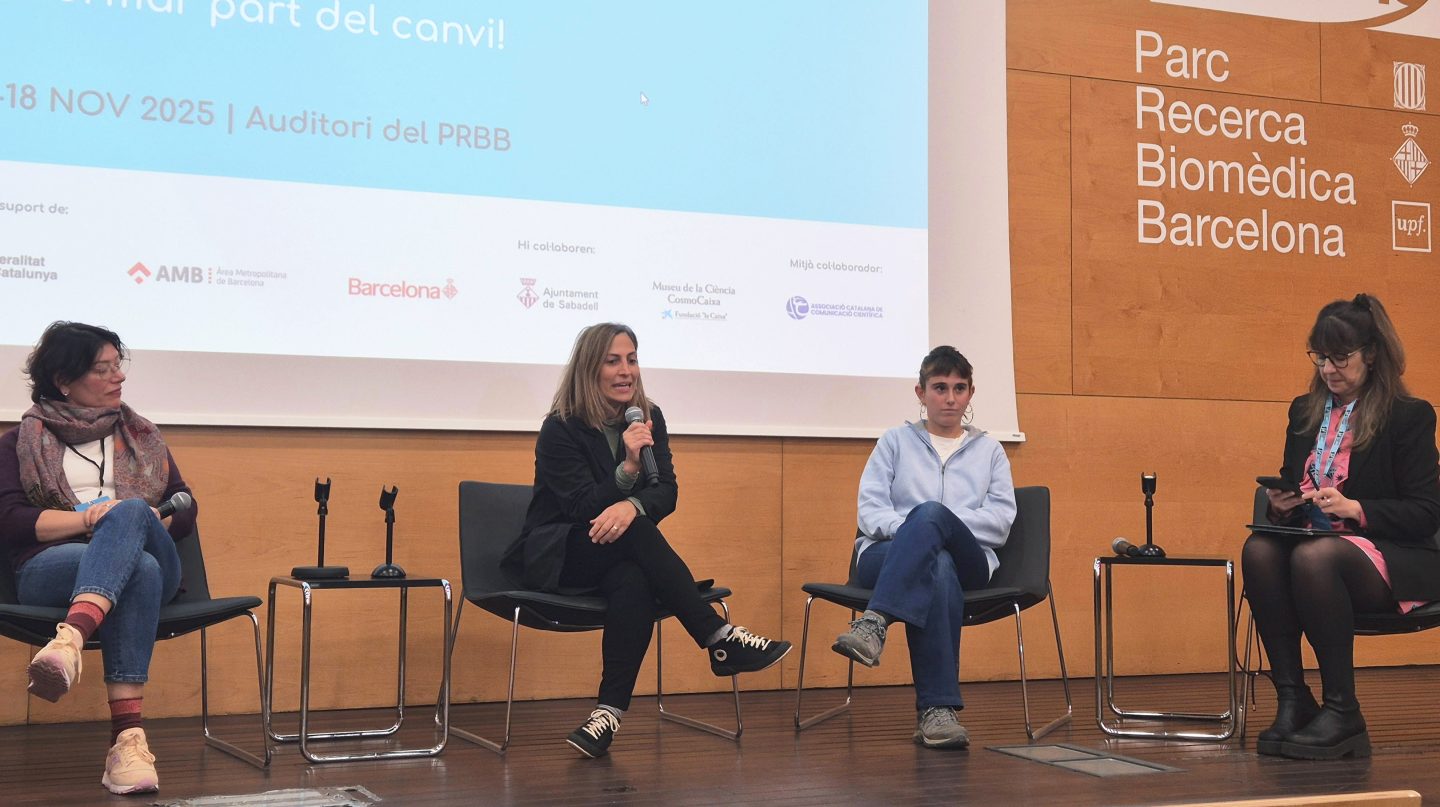

ALC presents K-tool at UNDP Knowledge Summit in Dubai
Home Knowledge
Agirre Lehendakaria Center presented its K-tool at the UNDP Knowledge Summit, held on 19–20 November in Dubai. The session, organized by UNDP, brought together public officials, development professionals, think tanks, and academics to explore how development intelligence can enhance policy design and decision-making in an increasingly complex world.
Gorka Espiau participated as a speaker in the roundtable “Development Intelligence as the ‘Operating System’ for More Effective Policy & Decision Making.” Other speakers included Dr. Justin Lane, Chief Executive Officer and co-founder of CulturePulse; Mohammed Salih, Deputy Resident Representative, UNDP Libya; Pedro Conceição, Director of the Human Development Report Office, UNDP; and Sibel Saylan, Partnerships Specialist, UNDP ICPSD. The session was chaired by Jennifer Colville, Innovation Team Leader, UNDP Regional Hub in Amman.
During his intervention, Espiau demonstrated how K-tool integrates data, citizen knowledge, and narratives to support continuous learning and real-time decision-making. The tool was presented as an example of an application within the new approach to development intelligence, promoting more anticipatory, co-created, and connected systems.
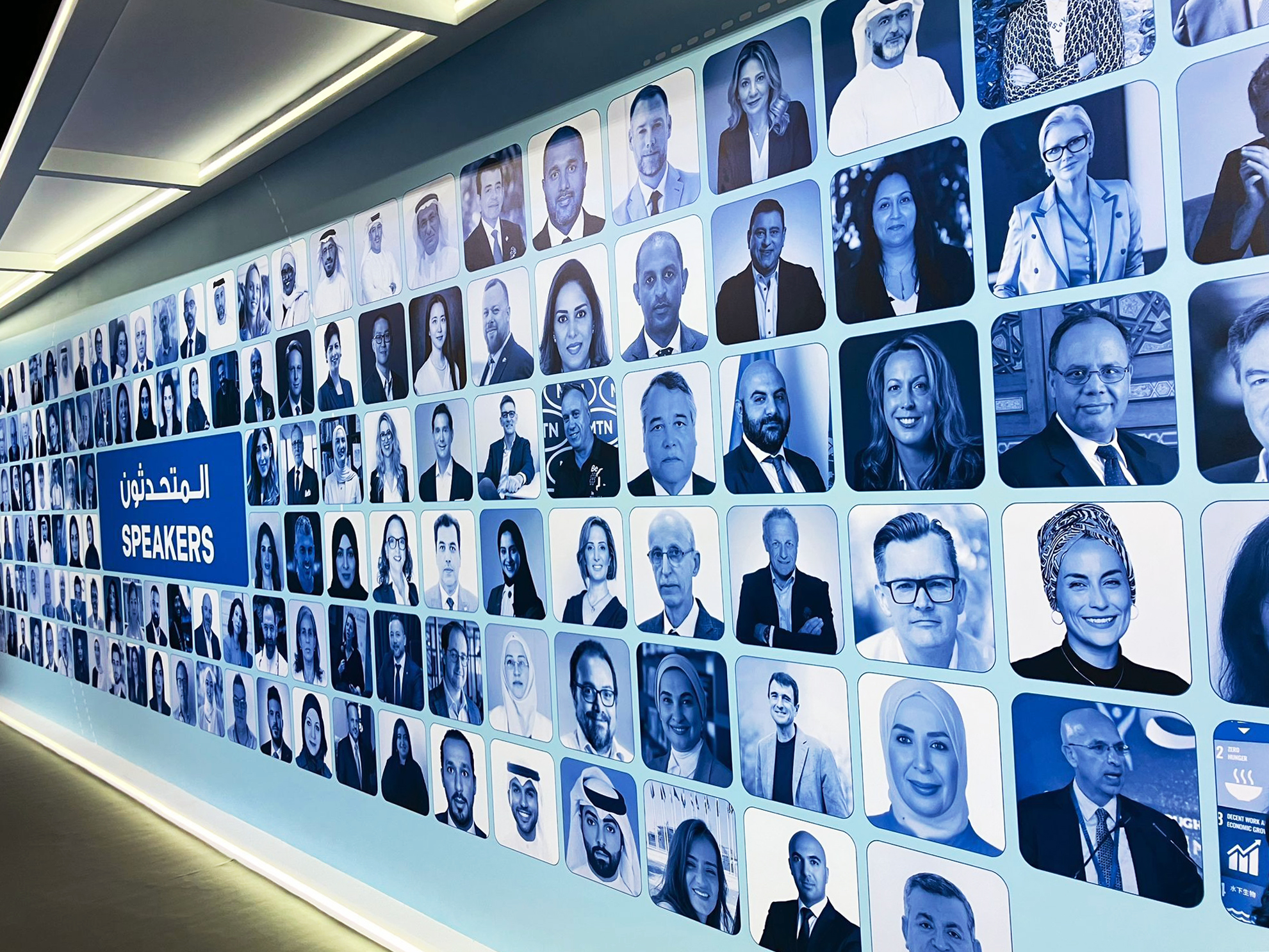

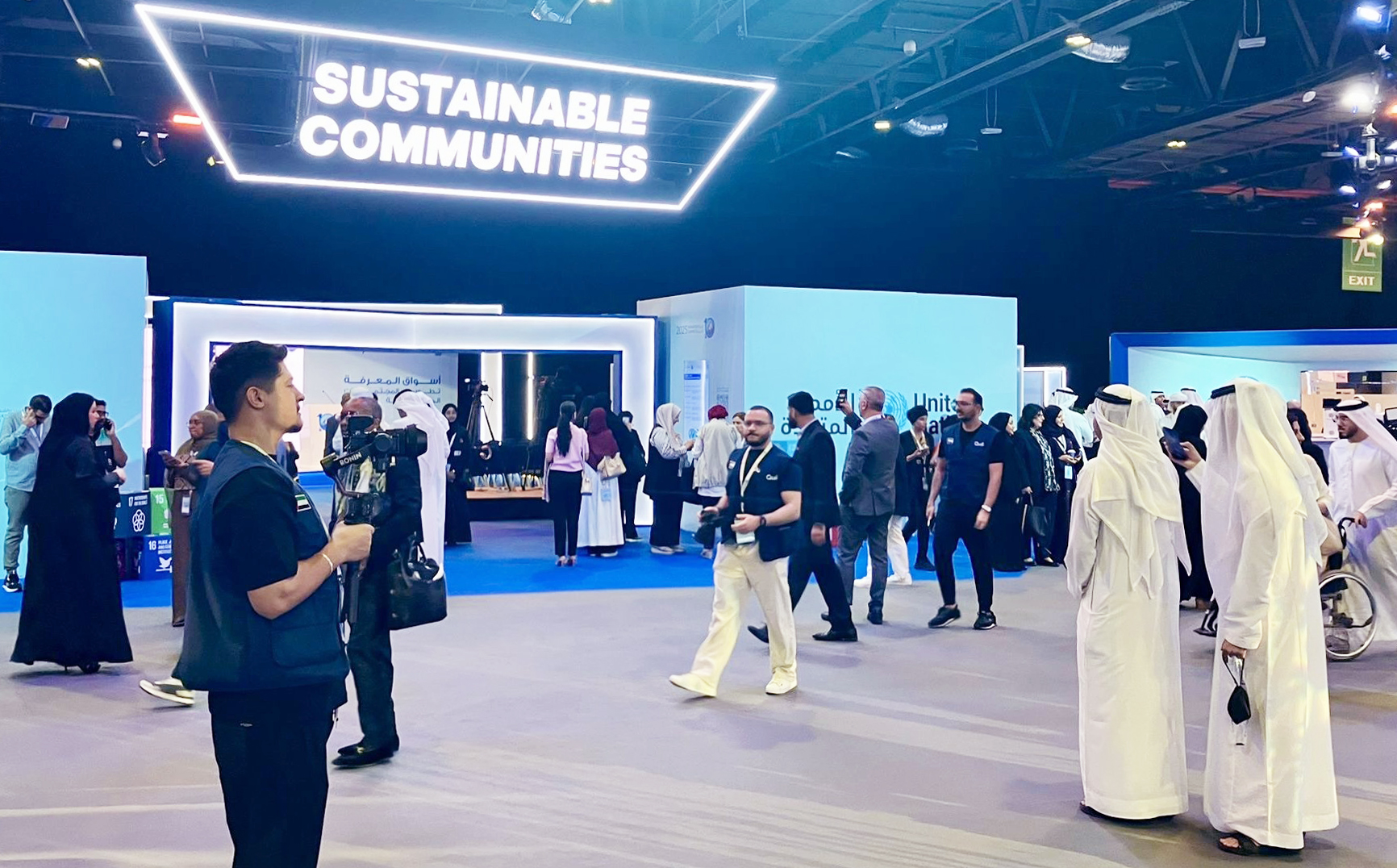
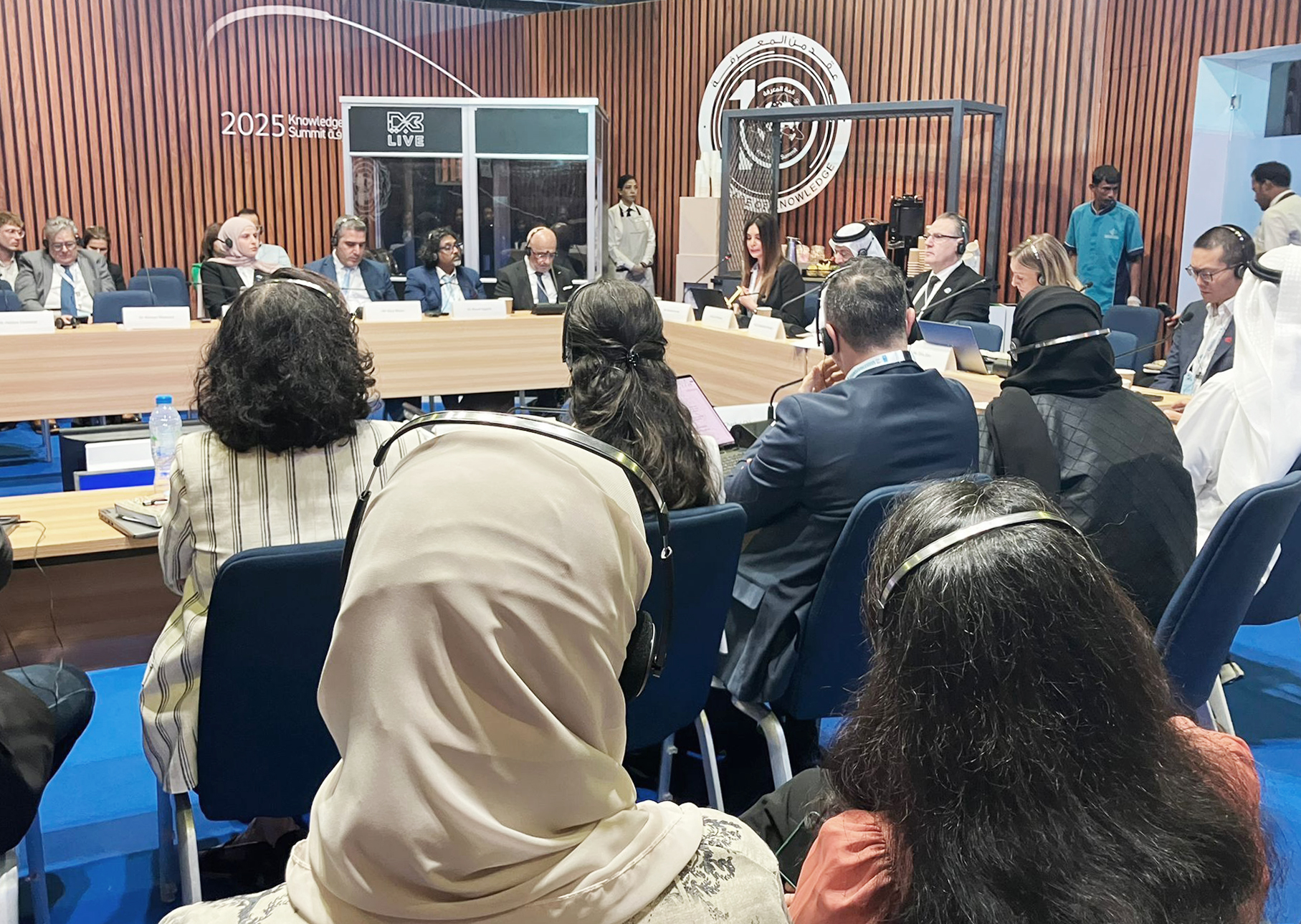

Galdakao holds its first co-creation session to strengthen the community and rethink the local health and welfare system
Home Knowledge
On 27 October, Galdakao hosted the first co-creation session facilitated by ALC, as part of the Galdakao Zeugaz programme and the community transformation process currently underway in the municipality. More than 40 people participated in the meeting, including representatives from the Town Council, Osakidetza, Bihar cooperative, Agintzari, Elkarbizi senior citizens' association, AMPA, Farmamundi and Erabide, among other organisations, as well as individual citizens.
This collaboration seeks to promote a renewed local strategy that rethinks Galdakao's health and welfare system from a comprehensive and community-based perspective. The aim of this session was to advance the collective development of solutions to challenges such as unwanted loneliness and the need to strengthen community connections.
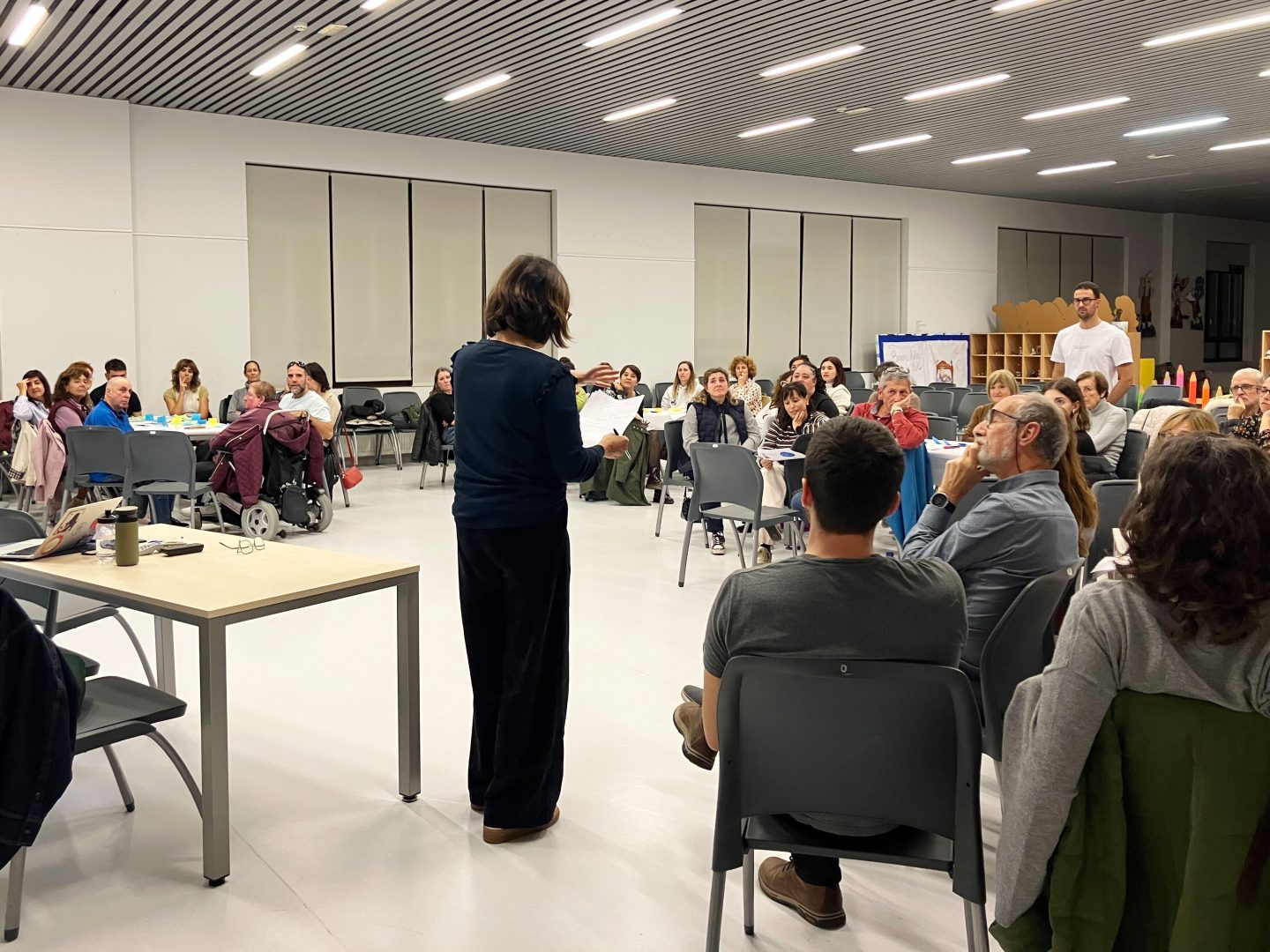
The implementation group, which has already conducted more than 70 interviews, compared the ethnographic profiles and updated local narratives with the attendees, allowing them to validate and enrich the information collected so far. These profiles paint a vivid picture of the municipality, with key ideas such as the importance of strengthening local networks and neighbourhood businesses, recognising existing diversity and understanding that vulnerability is shared among different social groups.
Among the most powerful narratives that emerged was the collective recognition as a vulnerable community, understanding that all people—regardless of their age, condition, or situation—have needs and can offer support. This vision of mutual care and support was consolidated as one of the foundations of the process in Galdakao.
After comparing profiles, participants worked in small groups to advance three prioritised areas of co-creation:
-New community role or profile, aimed at strengthening collective capacities and support links.
-Housing from a community perspective, exploring how to generate connection and companionship among neighbours, in stairwells or apartment blocks.
-Communication, information and accessibility, with the challenge of improving existing channels to ensure that everyone can learn about and participate in the life of the municipality.
-Housing from a community perspective, exploring how to generate connection and support among neighbours, in stairwells or apartment blocks.
-Communication, information and accessibility, with the challenge of improving existing channels to ensure that everyone can learn about and participate in the life of the municipality.
The day ended with a shared closing session in which it was agreed to follow up on the ideas worked on and continue the listening process, incorporating feedback and contributions from participants.
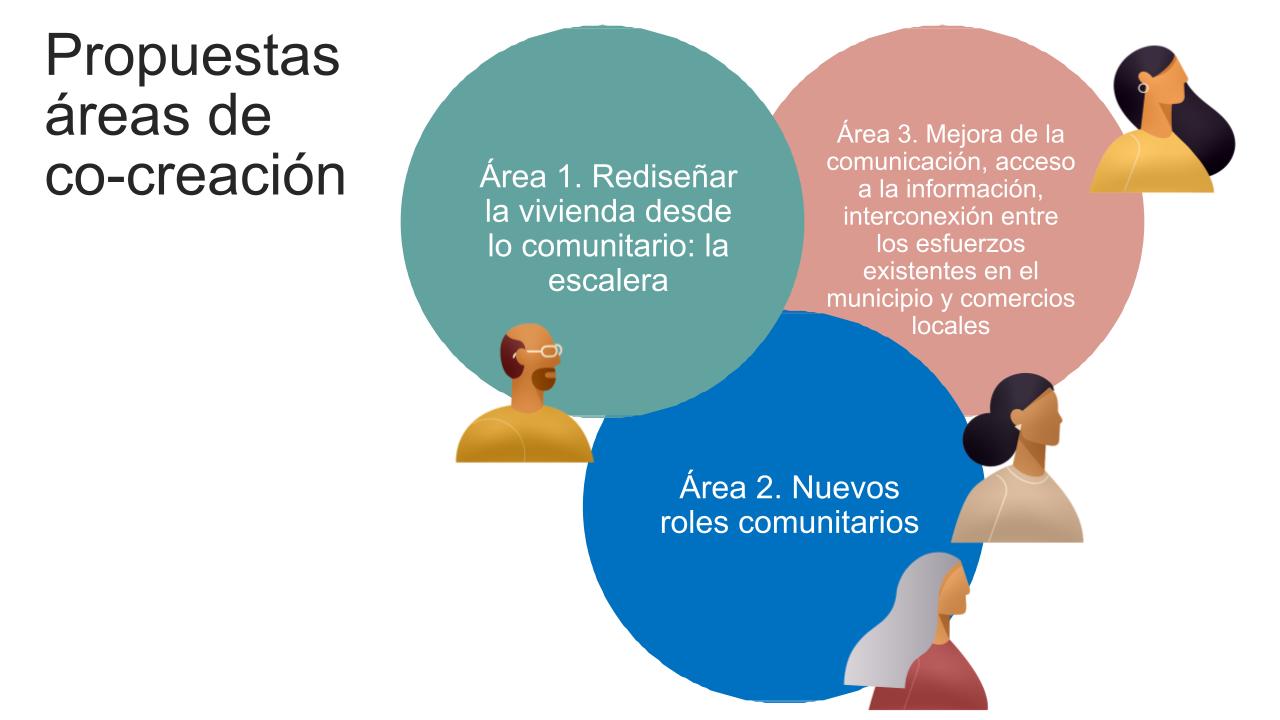

ALC took part in the Master’s Degree in Design for Change at Kunsthal Bilbao
Home Knowledge
As part of the Master's Degree in Design for Change at Kunsthal Bilbao, ALC gave a session entitled ‘Social innovation approach to tackling complex challenges’.
It was led by Julen Larrañaga, Mikel Álvarez and Beñat Oiartzabal, project coordinators at ALC, who shared with the students the fundamentals and tools of the systemic social innovation approach promoted by the centre.
The aim of the training was to introduce students to methodologies that enable them to understand and transform complex ecosystems through collective intelligence, deep listening, shared interpretation and co-creation. Through participatory dynamics, ways of generating sustainable change in line with the needs of communities and organisations were explored.
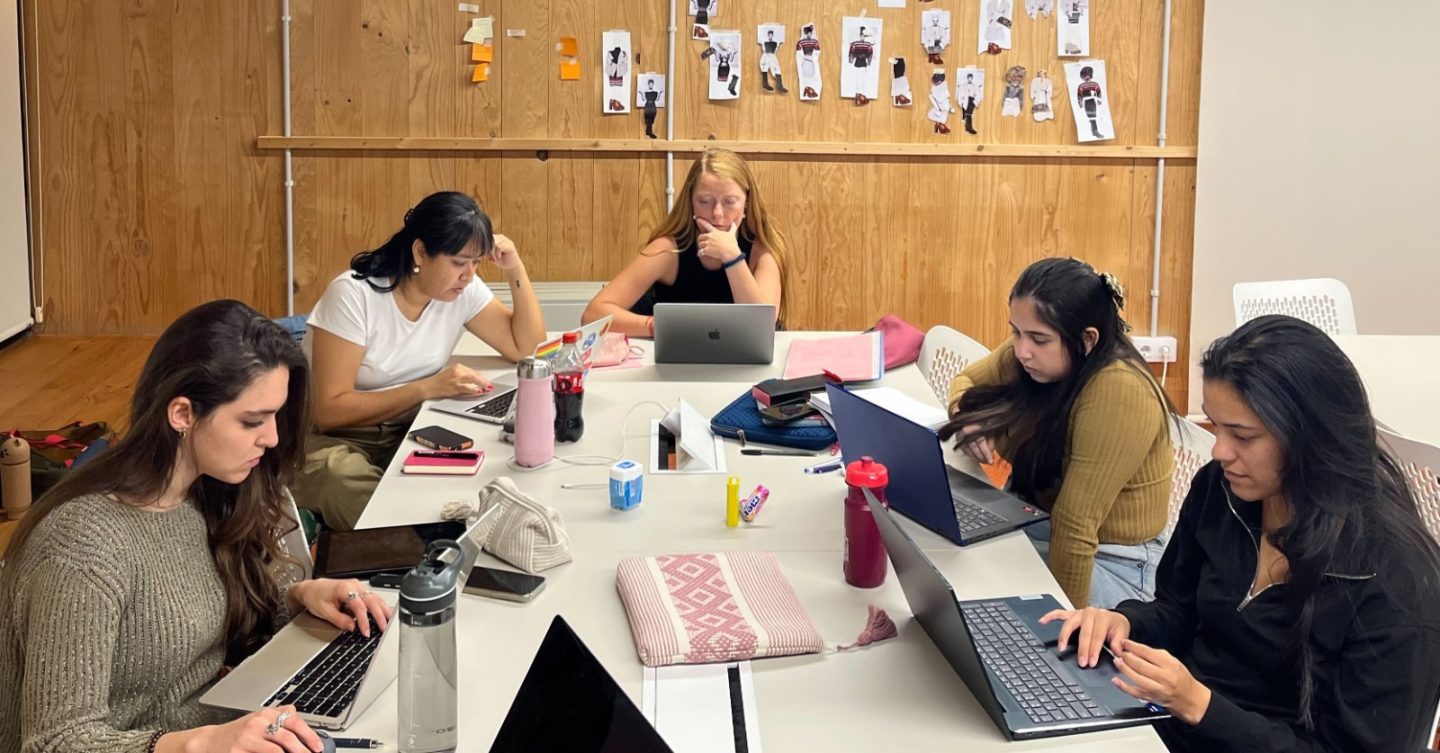
During the workshop, participants used K-Tool, a digital tool developed by ALC and Bestiario that helps organise and visualise complex information about social innovation ecosystems. This tool provides a better understanding of the connections between actors and projects, identifies the factors that drive or hinder change, and assesses the impact of actions in real time.
Students were able to experiment directly with the tool, reflecting on its potential to improve collaboration, strengthen decision-making, and foster a culture of continuous innovation.

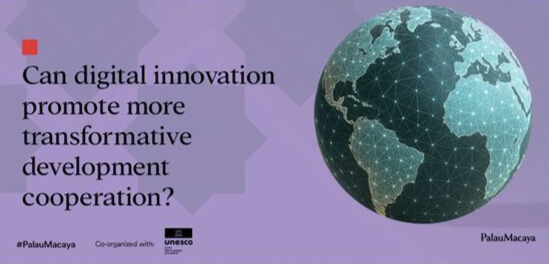
ALC moderated the conference on Digital Innovation and International Cooperation at the Palau Macaya
Home Knowledge
Yesterday, October 8, 2025, the conference “Can digital innovation stimulate more transformative development cooperation? Emerging technologies to respond to complex challenges” took place at the Palau Macaya in Barcelona, organized by the “la Caixa” Foundation and UNESCO as part of the annual Work4Progress program conference.
The session brought together professionals from the public, private, and academic sectors to reflect on the role of emerging technologies in international cooperation, exploring ethical, inclusive, and collaborative approaches capable of responding to major global challenges through digital transformation.
The meeting was attended by José Moisés Martín Carretero, director of the Center for Technological Development and Innovation (CDTI); Mercè Crosas, director of Social Sciences and Computational Humanities at the Barcelona Supercomputing Center; Kasia Odrozek, coordinator of the Business Council for Ethics of AI, Bioethics and Ethics of Science in the Social and Human Sciences Sector at UNESCO; and Shrashtant Patara, executive director of Development Alternatives and executive vice president of DA Group (Delhi, India). It was moderated by Gorka Espiau, director of the Agirre Lehendakaria Center.
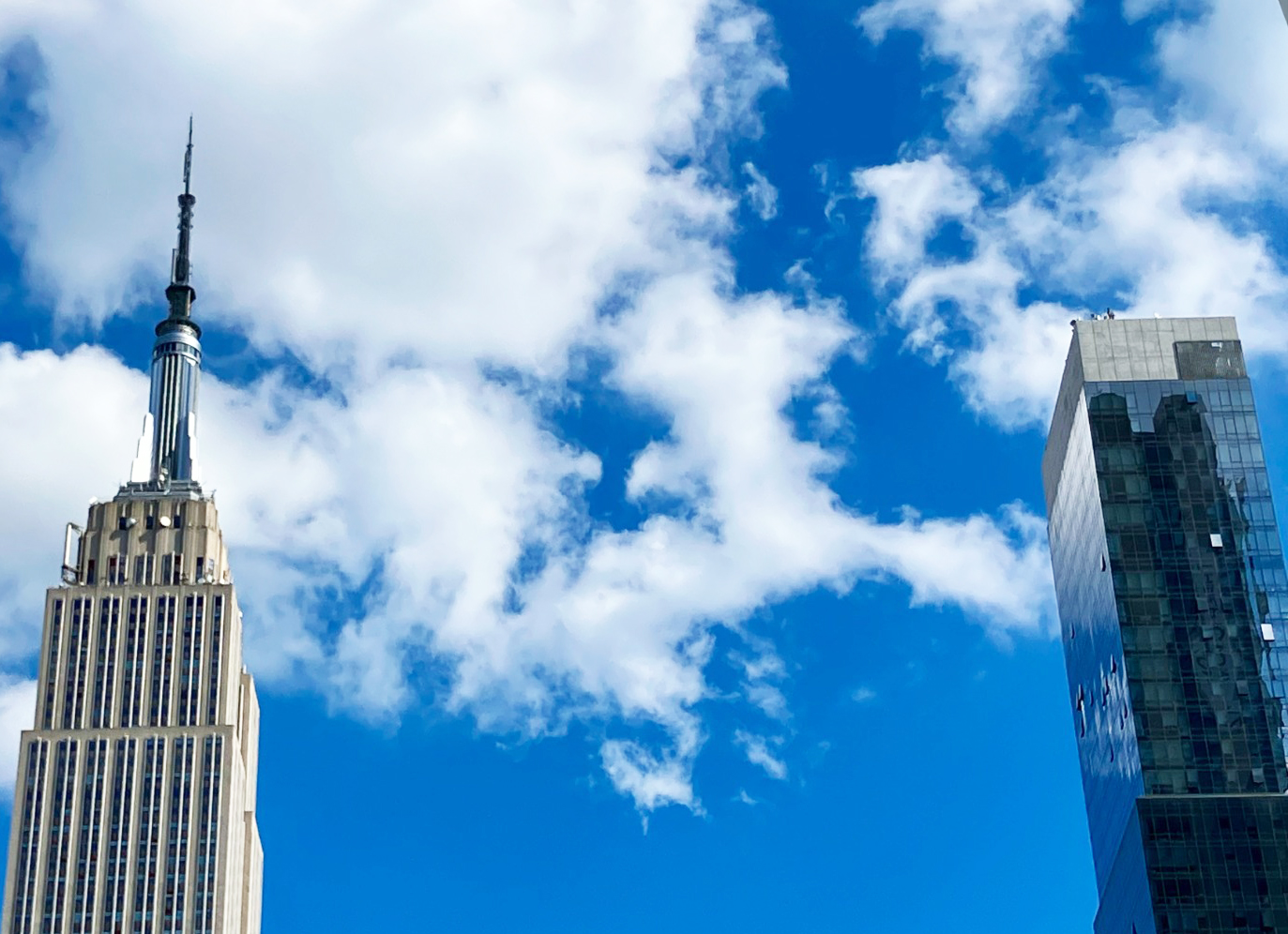
ALC explores the cultural dimension of data, AI and social innovation
Home Knowledge
Through Social Digital Twins, ALC advances research on data, AI, and collective intelligence with top knowledge centers in the US, highlighting the need to ground technology in cultural understanding and systemic social innovation.
From September 22 to 30, the Agirre Lehendakaria Center (ALC) carried out an intensive series of meetings and exchanges in New York and Boston to reinforce its collaboration with Columbia University and advance the research on the conceptualization of Social Digital Twins (SDTs).
The program was closely connected with ALC’s long-standing work on narrative analysis, peacebuilding, and anticipatory governance, reinforcing the idea that technology must always be grounded in social and cultural understanding. A central focus of the visit was the potential of Social Digital Twins (SDTs) as an emerging paradigm. Unlike traditional digital twins that replicate physical assets, SDTs aim to represent evolving social systems—capturing narratives, perceptions, and relationships in real time. This capacity makes it possible to anticipate risks, explore scenarios, and co-create responses in ways that are more adaptive and culturally sensitive.
ALC’s agenda included sessions with several departments across Columbia University, spanning business, engineering, and data sciences. These conversations focused on how adaptive governance, collective intelligence, and artificial intelligence can converge to support innovation portfolios addressing complex social missions. The exchanges in New York also extended to leading research hubs such as Google Research and Microsoft Research Lab, where discussions revolved around ethical AI, data infrastructures, inclusive design, and included a lecture on complex social issues at the School of Engineering.
In Boston, the agenda extended to the MIT Media Lab, with visits to the City Science Lab and the Center for Constructive Communication (CCC), as well as exchanges with the Harvard Sociology Department, among others. These discussions highlighted opportunities to connect advanced computational approaches with community-based experimentation and systemic social innovation.
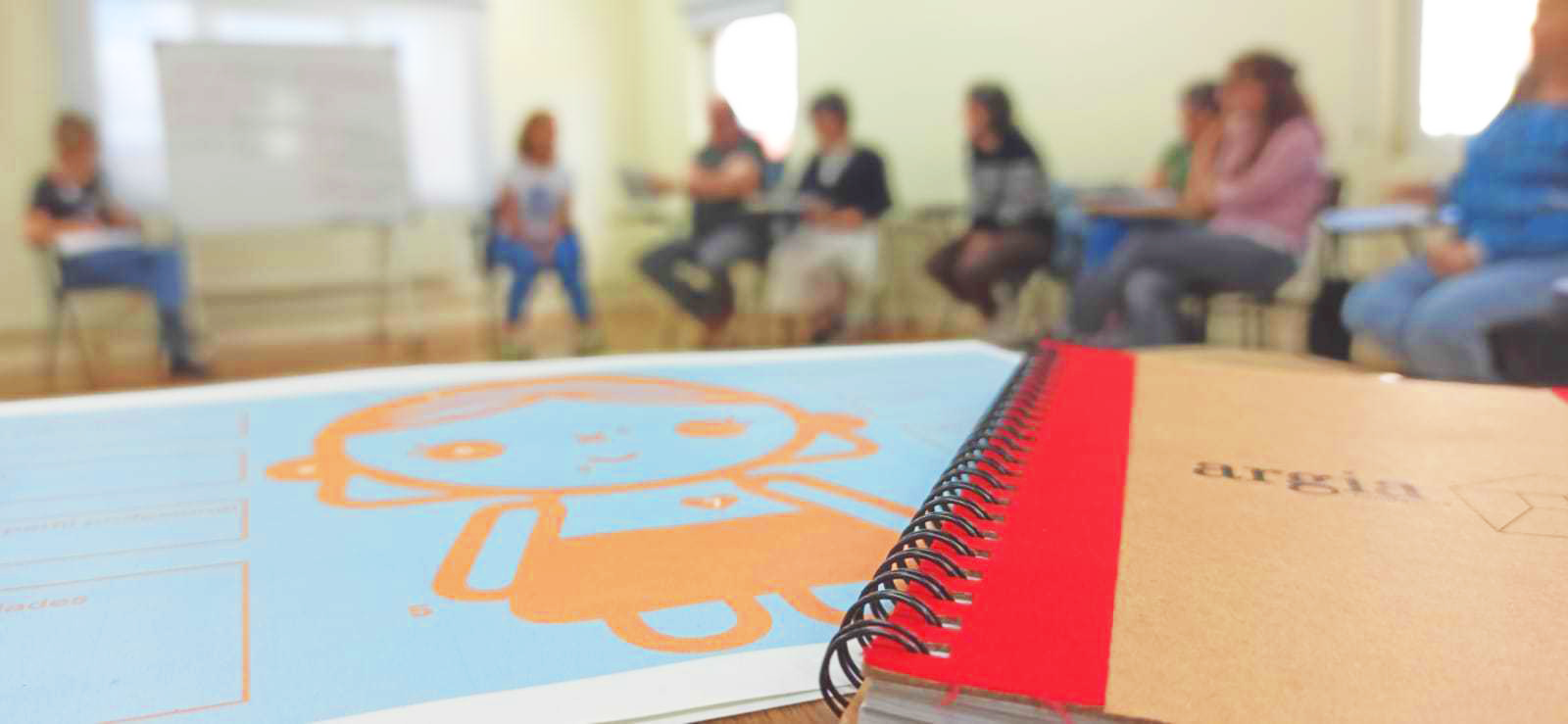
End of the Learning Community with Argia Fundazioa: exploring the figure of Lokarria together
Home Knowledge
With the third and final session held at Argia Fundazioa, we have concluded a shared training process focused on listening, collective interpretation, and the co-creation of community roles.
During these three sessions, we worked together with activists and professionals from Argia, exploring new ways of mapping, listening to, and interpreting the environment, and co-creating the figure of the “Lokarria” or community connector as a key element in strengthening networks and collaboration.
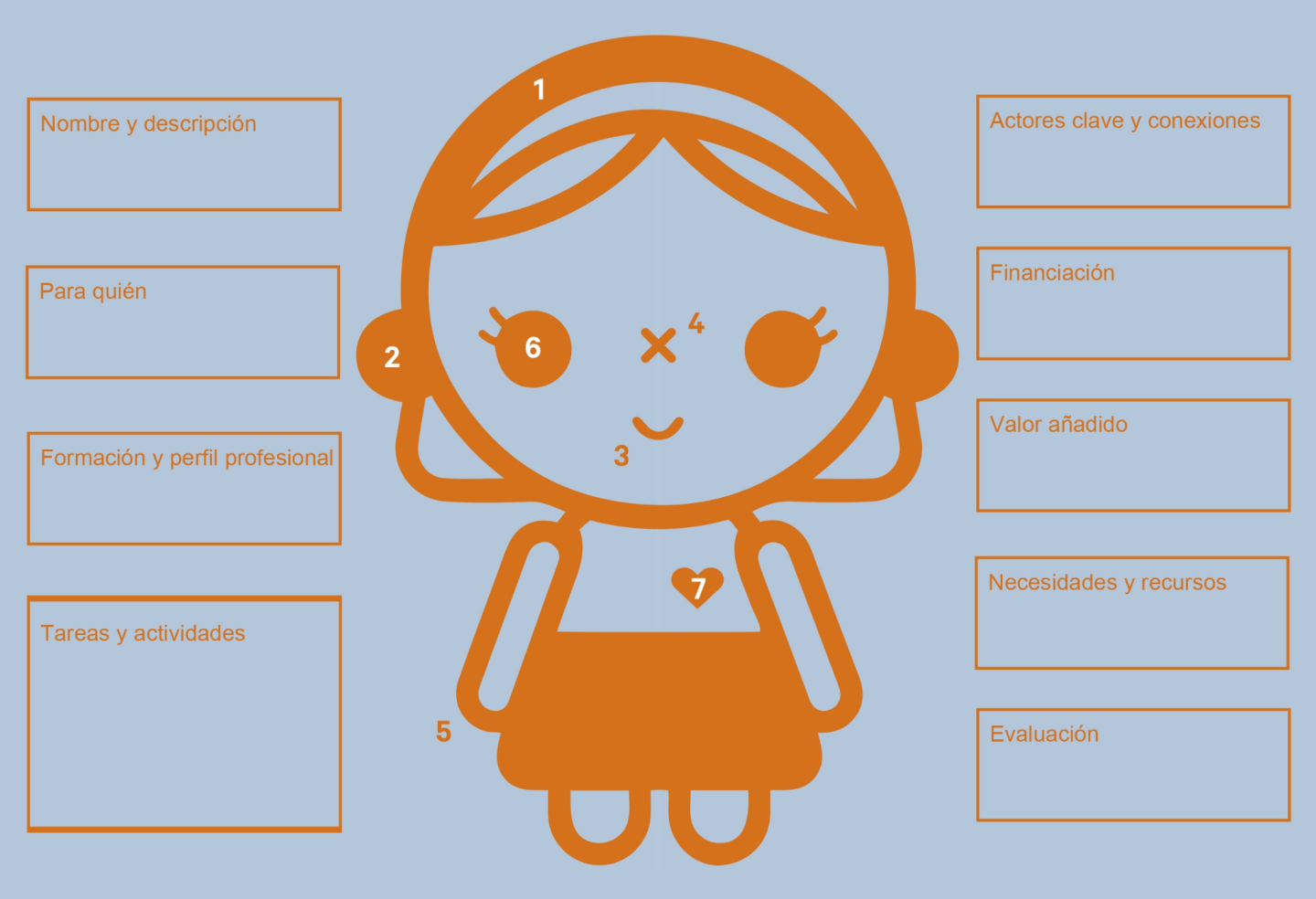
Argia emphasizes that this journey has been “a very interesting experience in mapping, listening, and interpreting, but above all in understanding each other from the same place.” In addition, they highlight three shared lessons:
- The learning: getting to know an environment.
- The opportunity: recognizing that there is an environment.
- The challenge: becoming an environment.
This conclusion does not mean an end, but rather a starting point for new forms of collaboration, based on social innovation and with a view to continuing to build community.
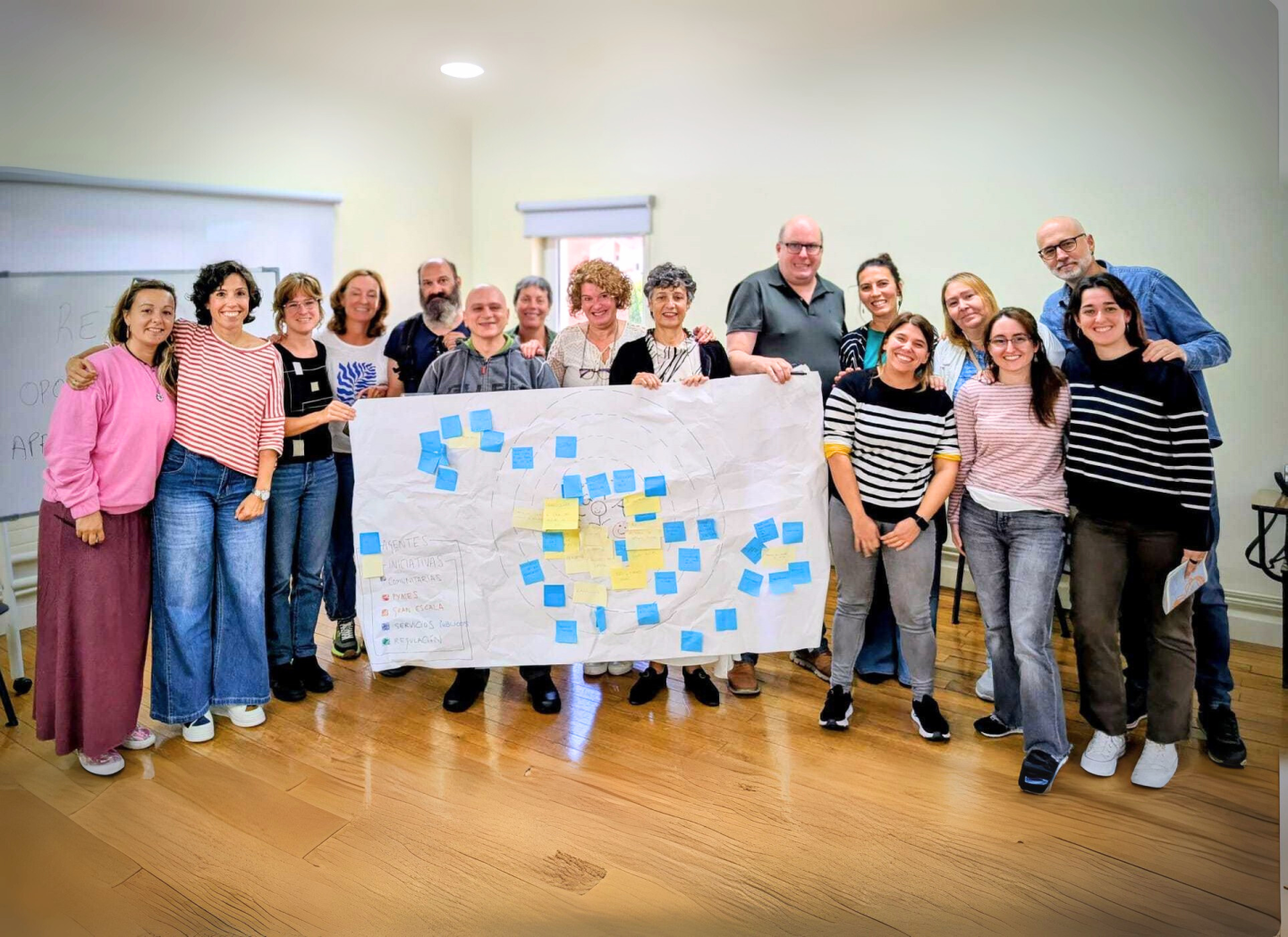
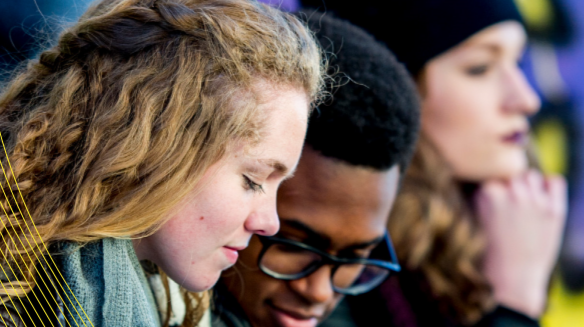
Second session of the Systemic Change Workshop with Rethink Ireland: Scaling Up and Investing
Home Knowledge
On September 18, we held the second online session of the Systemic Change Workshop at Rethink Ireland. This time, the meeting focused on a key step in the process: how to scale up and invest collaboratively in the mental health portfolio in Ireland.
The lessons learned so far with Ktool, the tool that is enabling the mapping of actors, initiatives, and narratives around mental health, were shared. Progress was presented on the mapping and listening modules, and local teams contributed their experiences to identify both the challenges and the elements that add value to this process.
In addition, we opened a space for collective reflection on how to improve the information collected and how to connect the different components of Ktool with the phases of collective interpretation and co-creation. The conversation also opened the door to a new central theme: scaling and financing strategies that will give sustainability and scope to the initiatives in the portfolio.
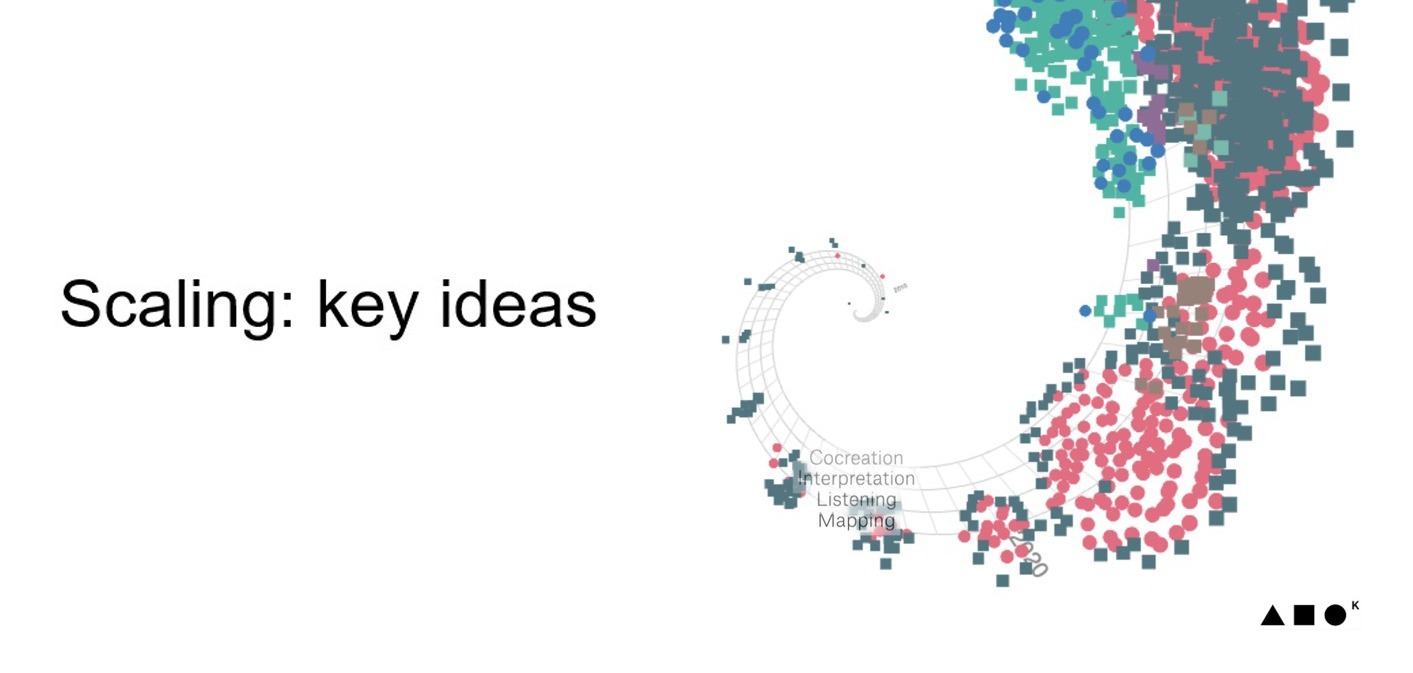
In working groups, participants began to identify possible areas for co-creation, which will be key to further strengthening the collective dimension of the process.
The session concluded with a common action plan, which includes reviewing and completing profiles and the list of initiatives, sending materials on scaling and financing, and jointly identifying areas of co-creation to be integrated into the portfolio. In the third session, to be held in October in Dublin, LAC members will participate to consolidate a common investment and scaling strategy for mental health in Ireland.
Connecting the Dots: Collaborative Mapping of Ireland’s Mental Health Ecosystem
Ver más
